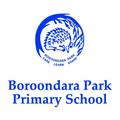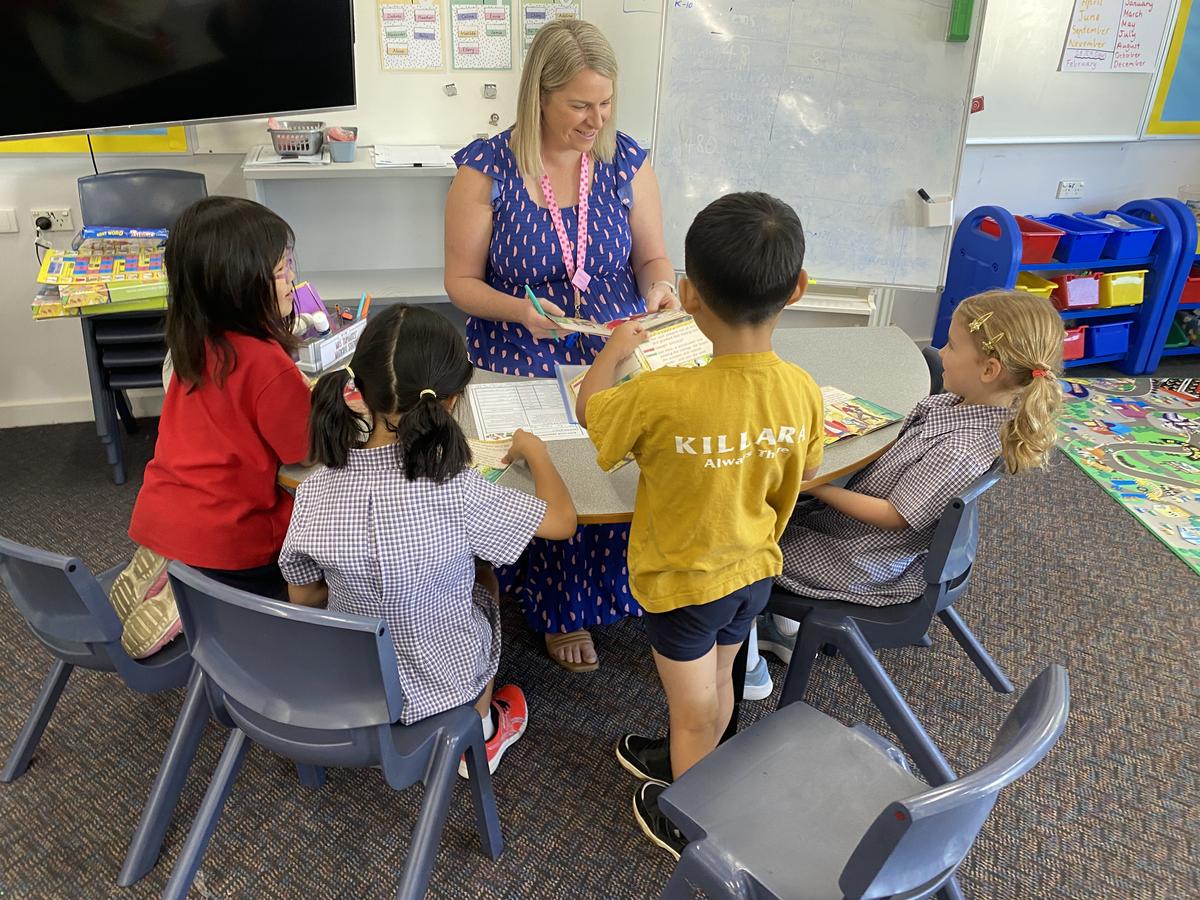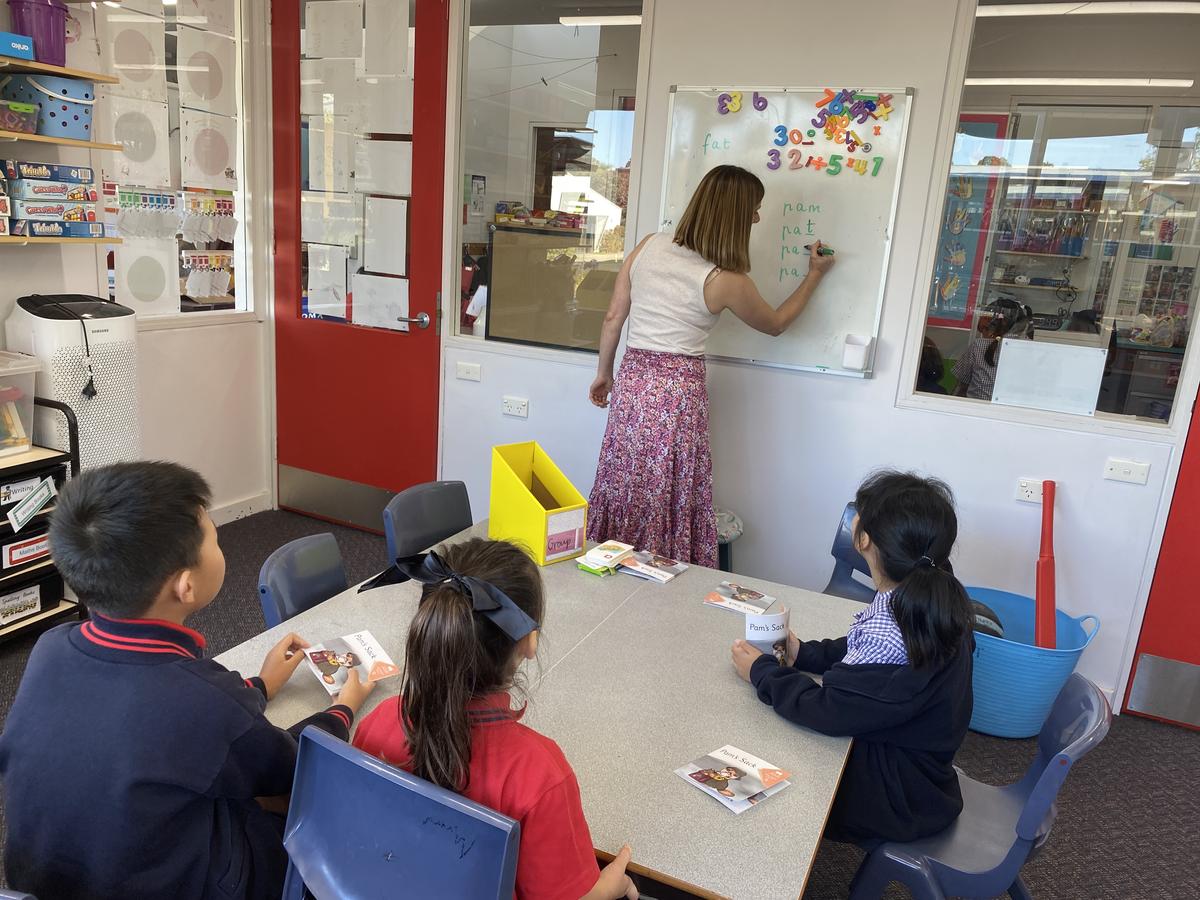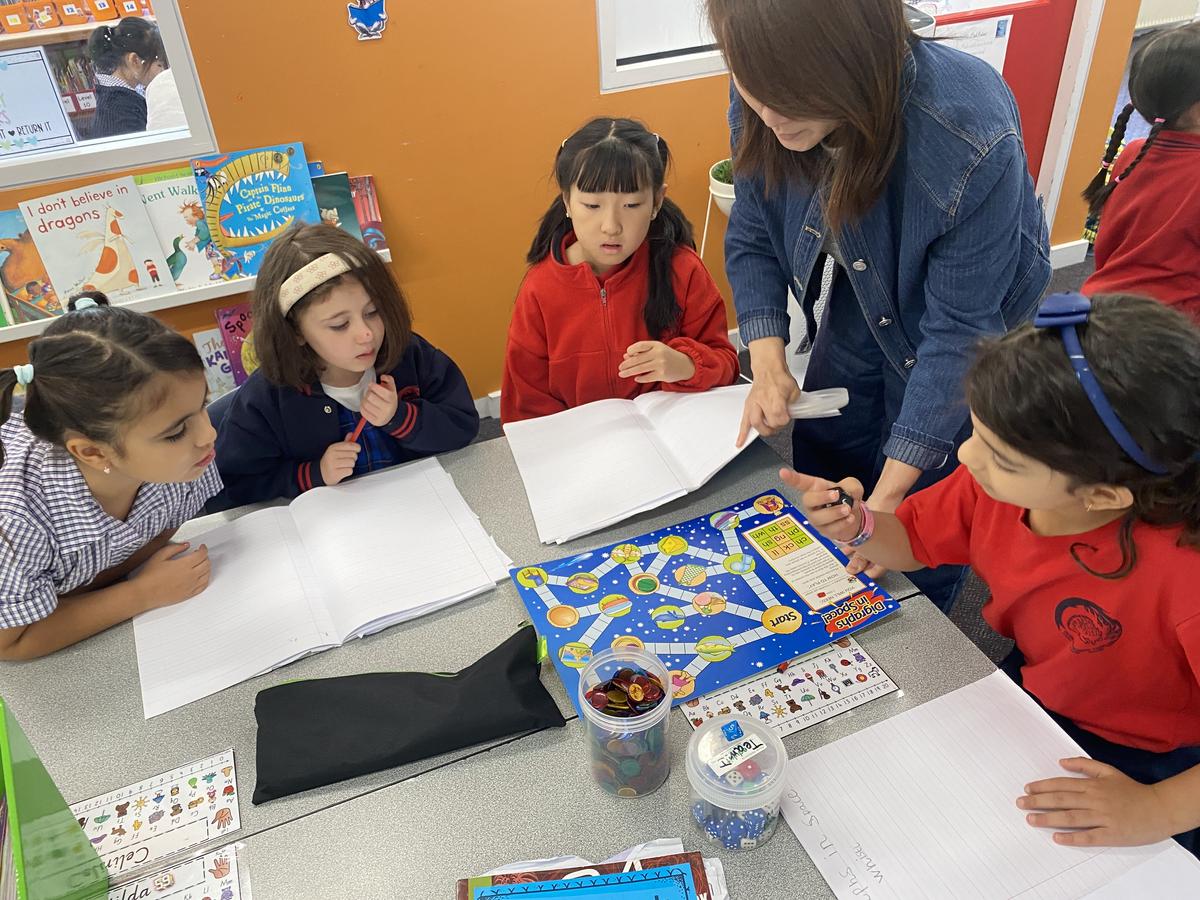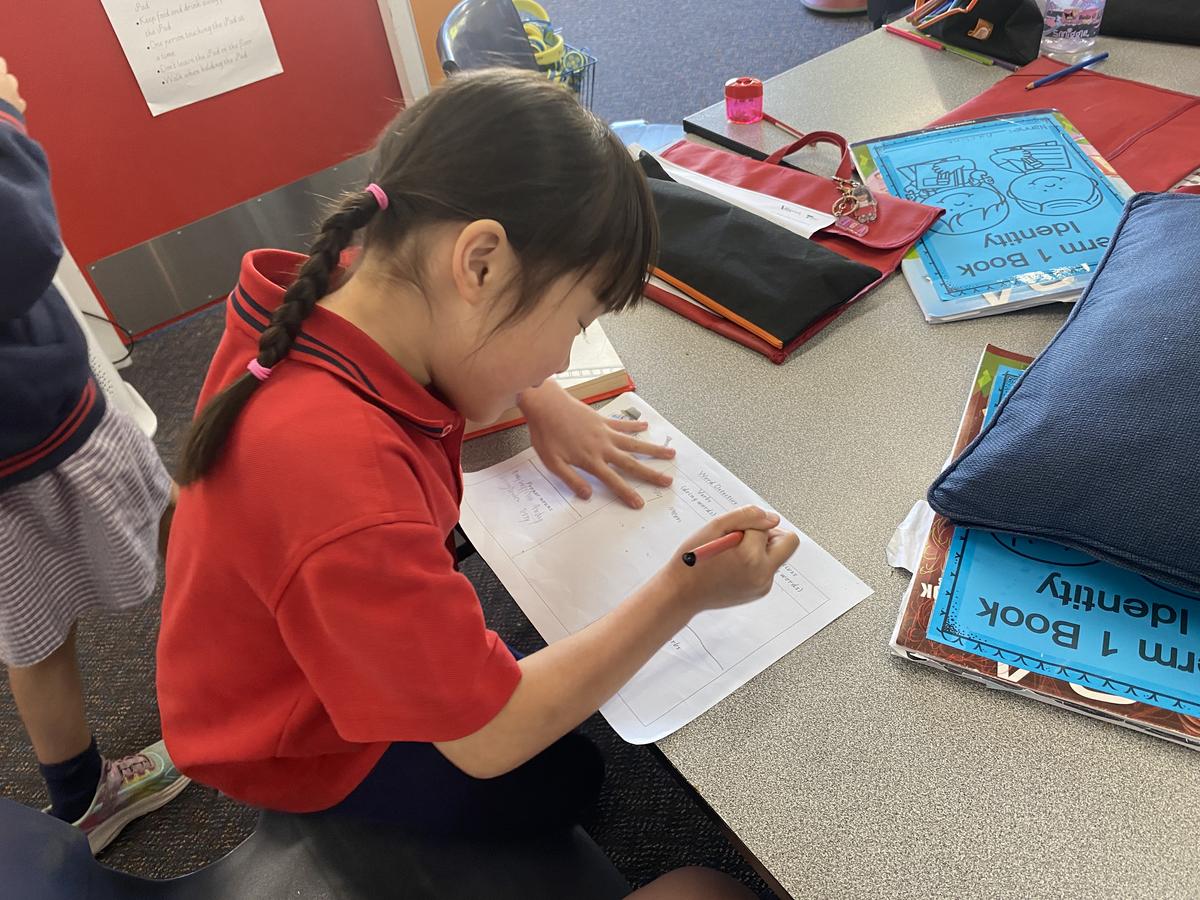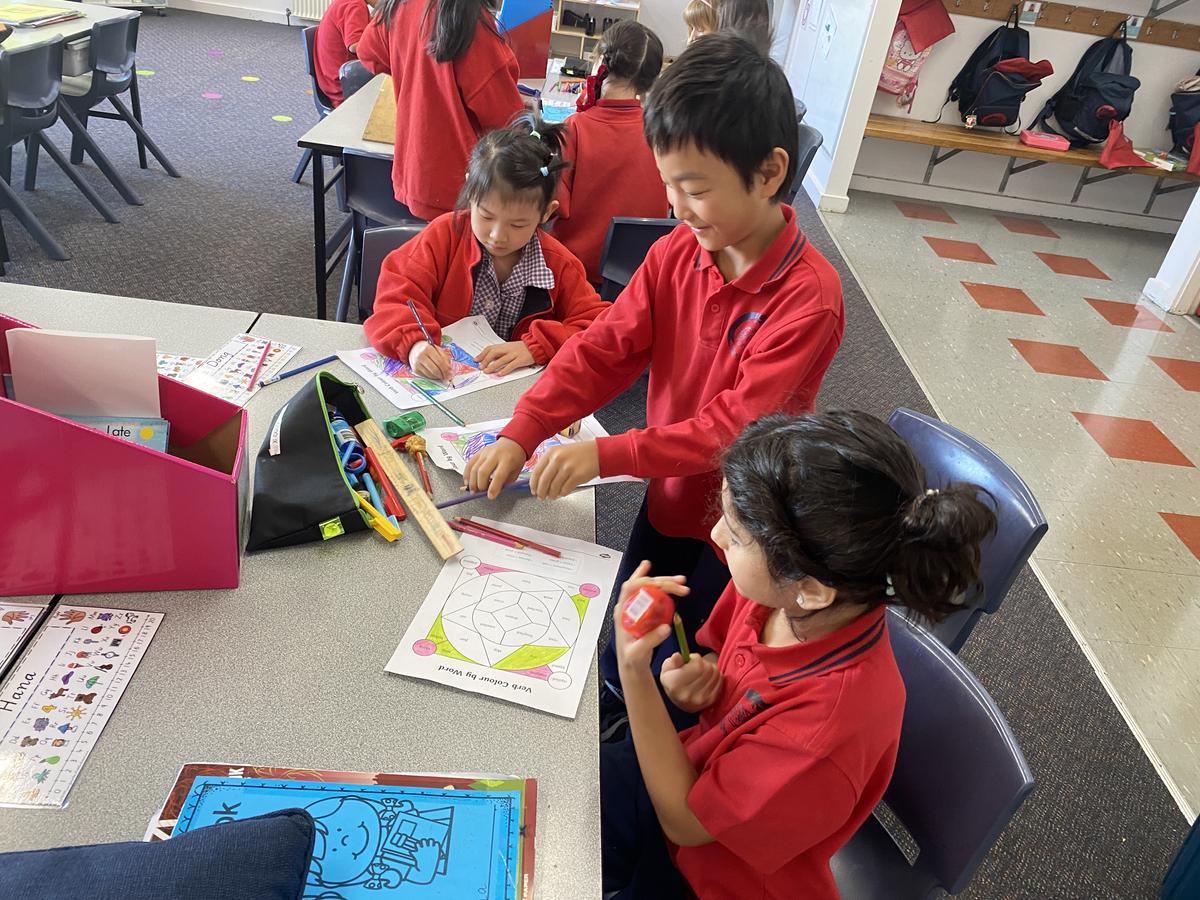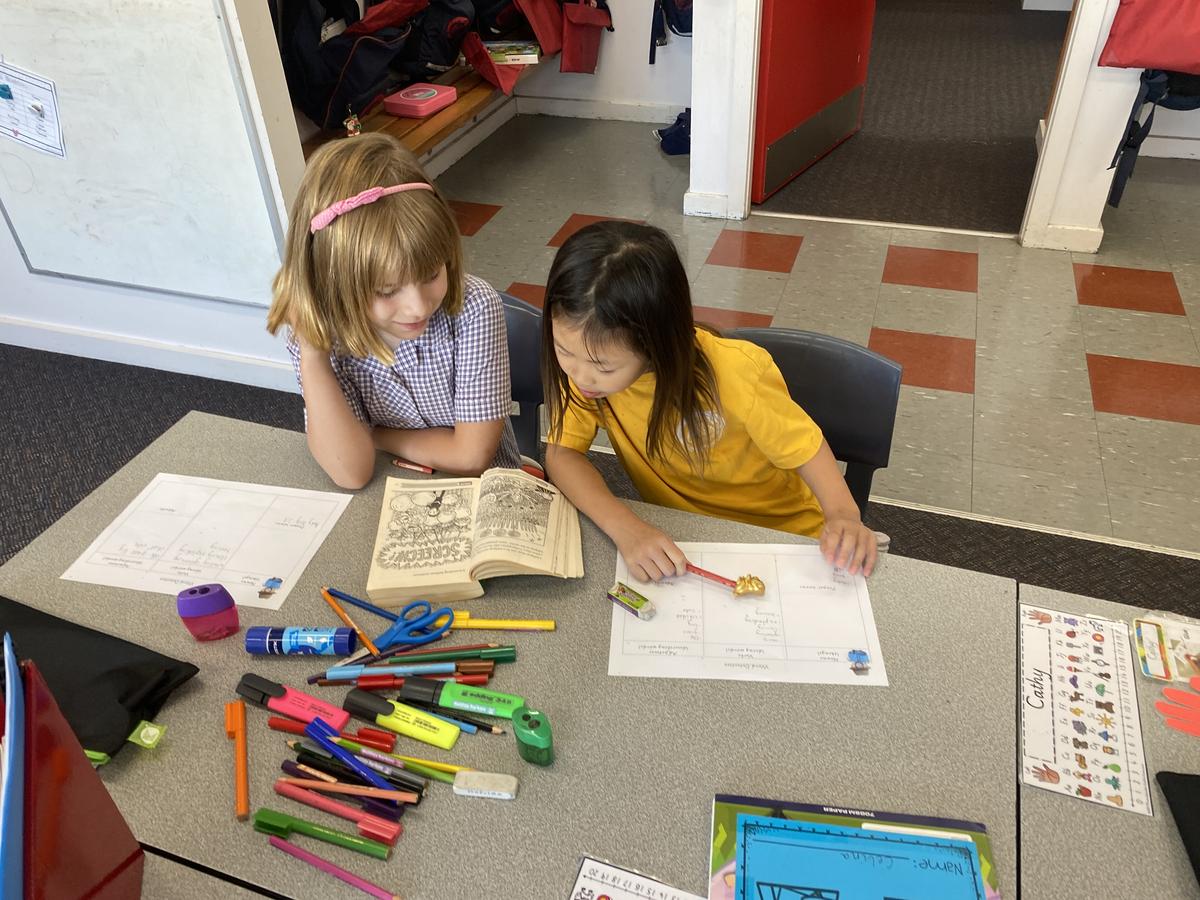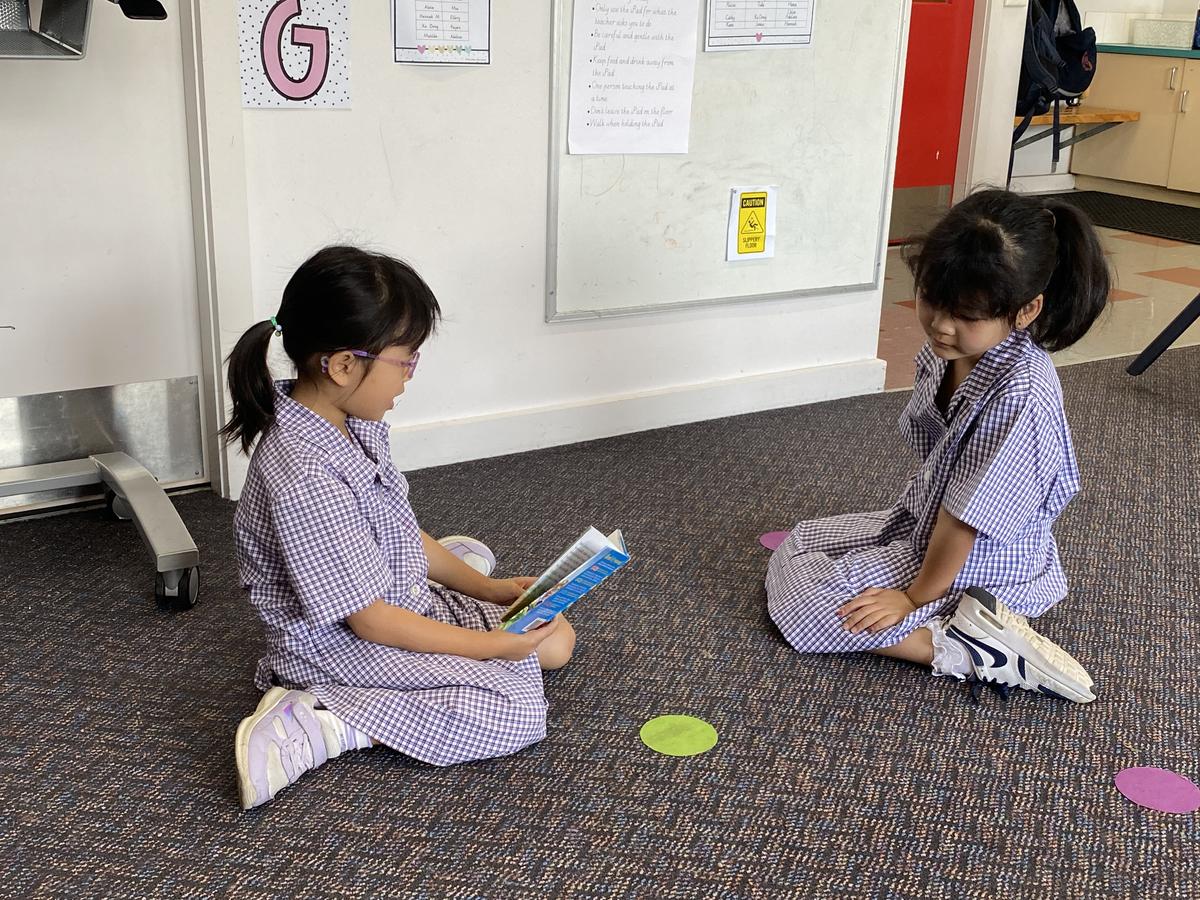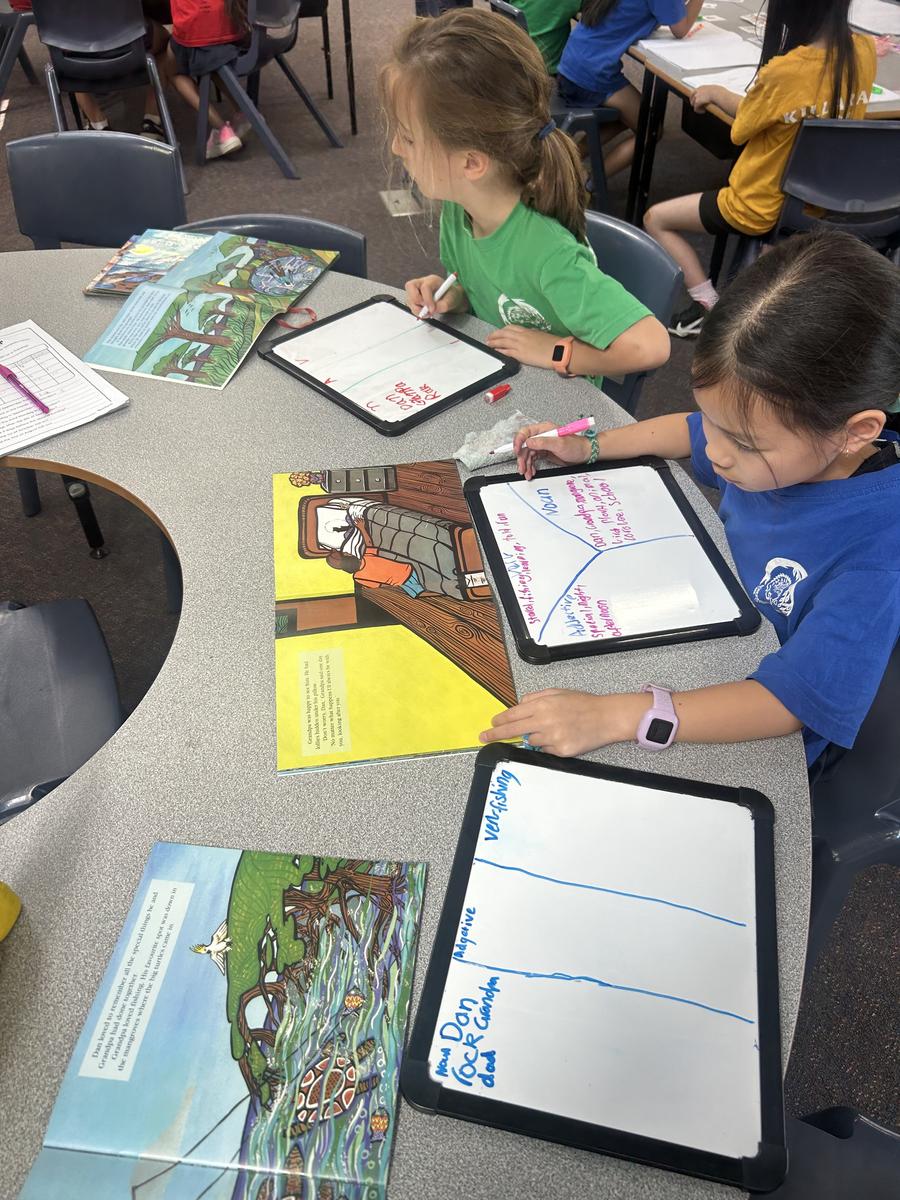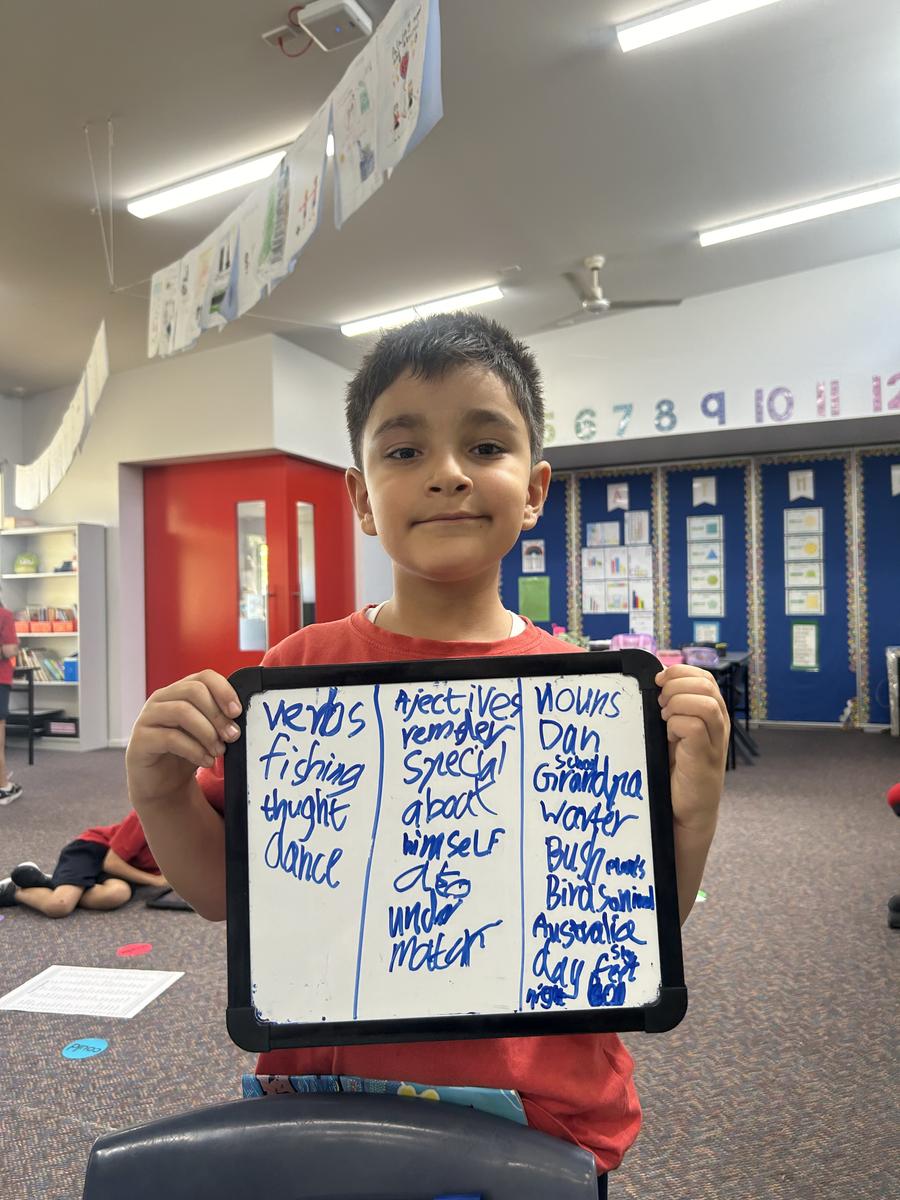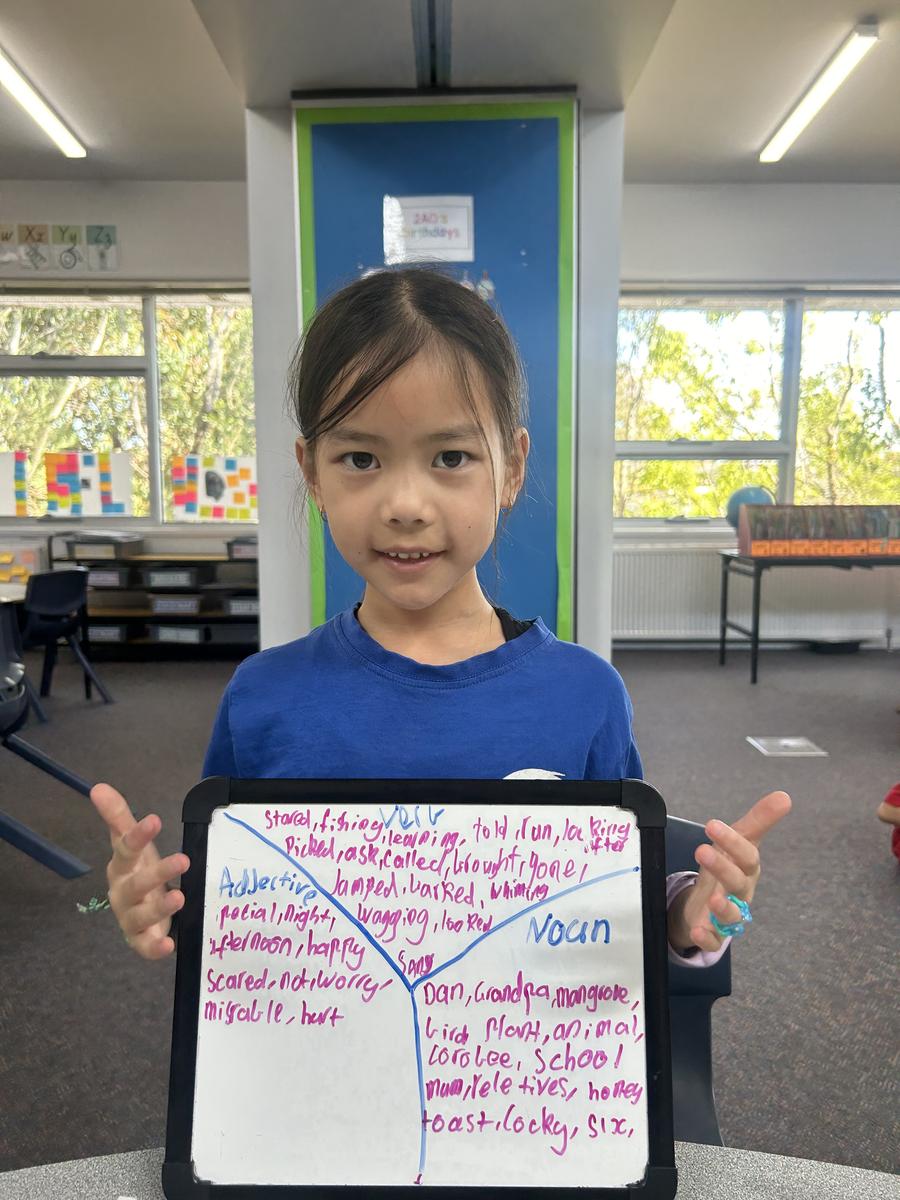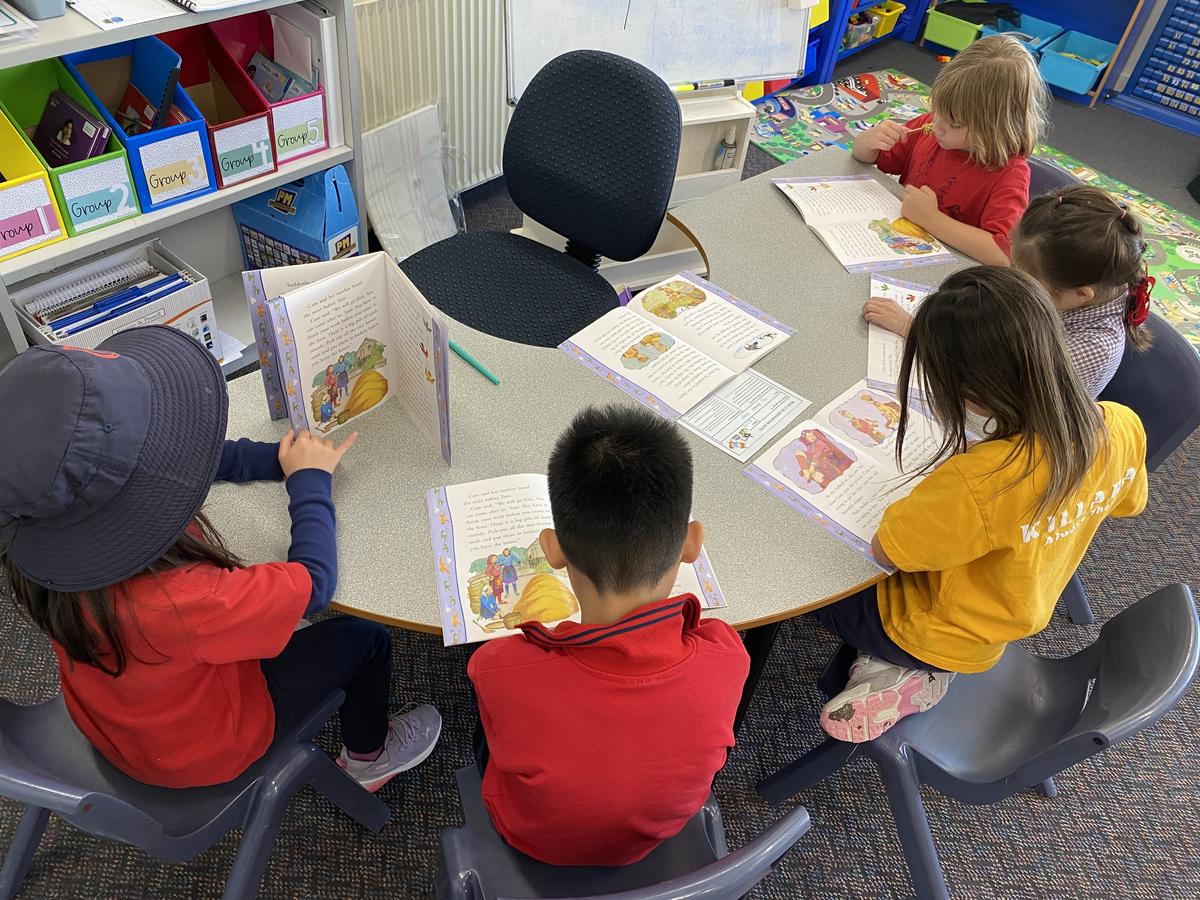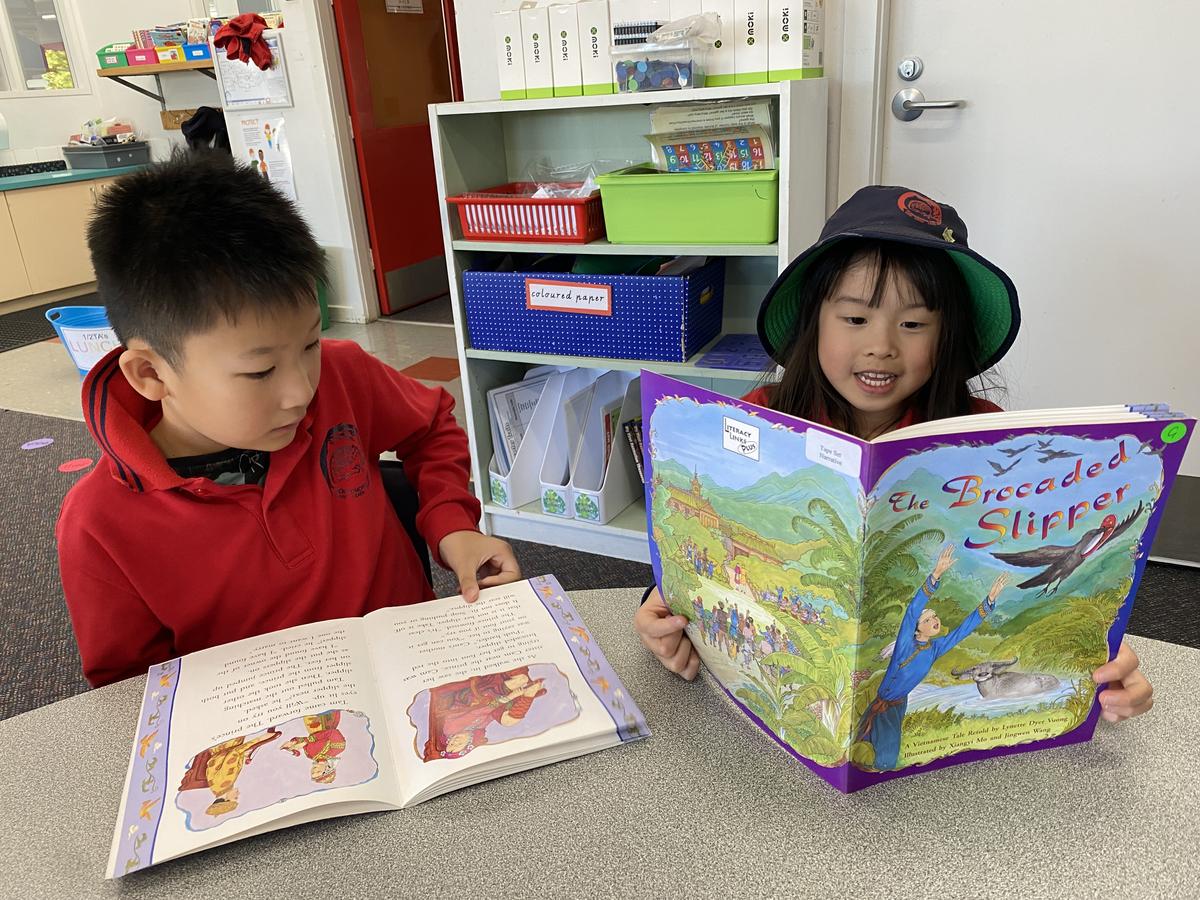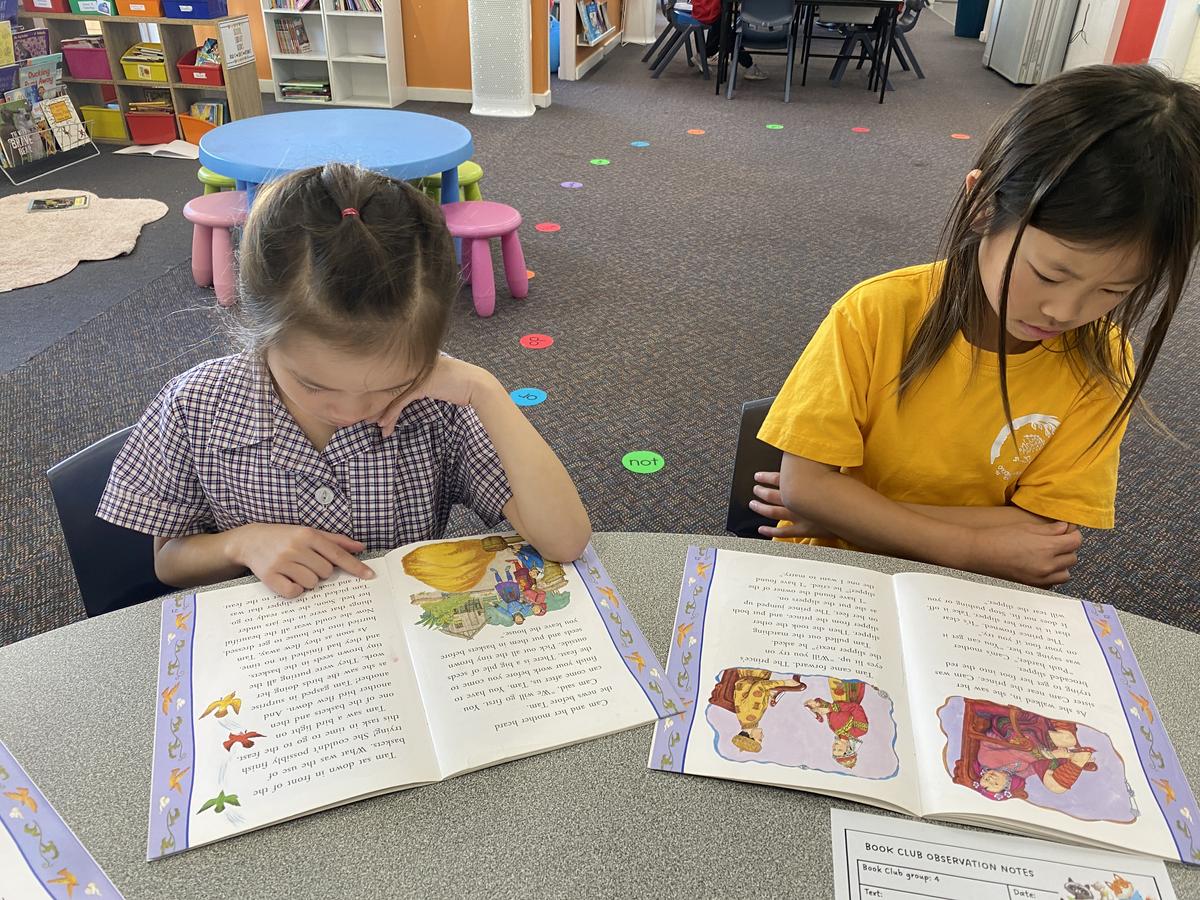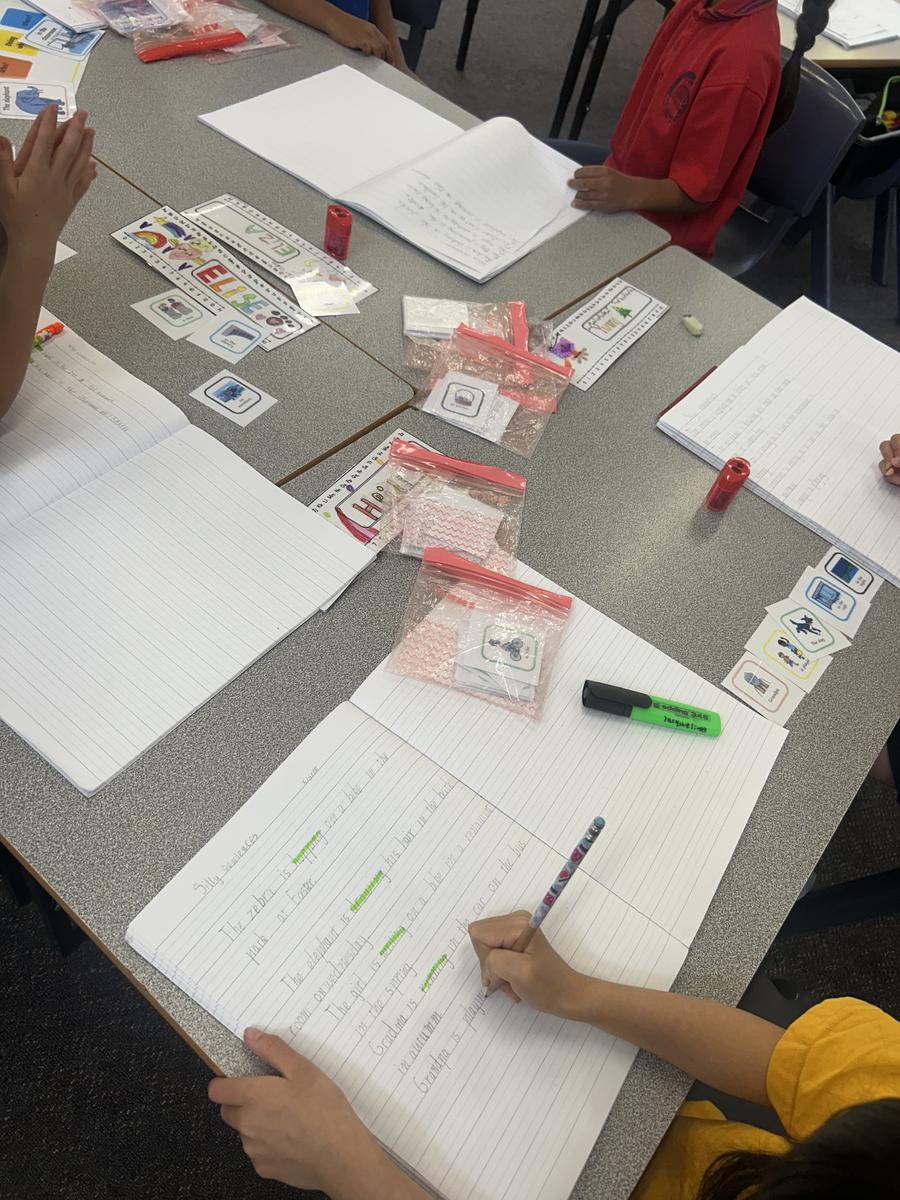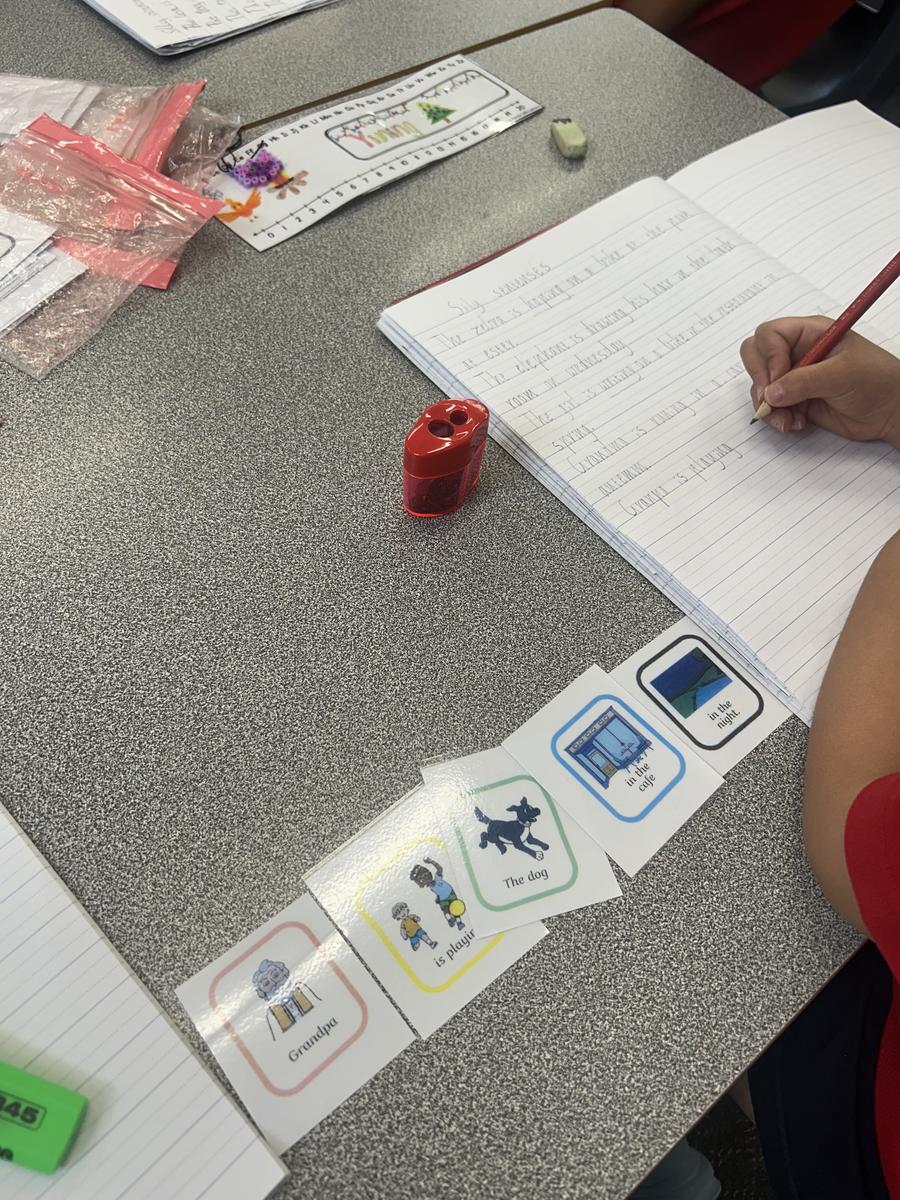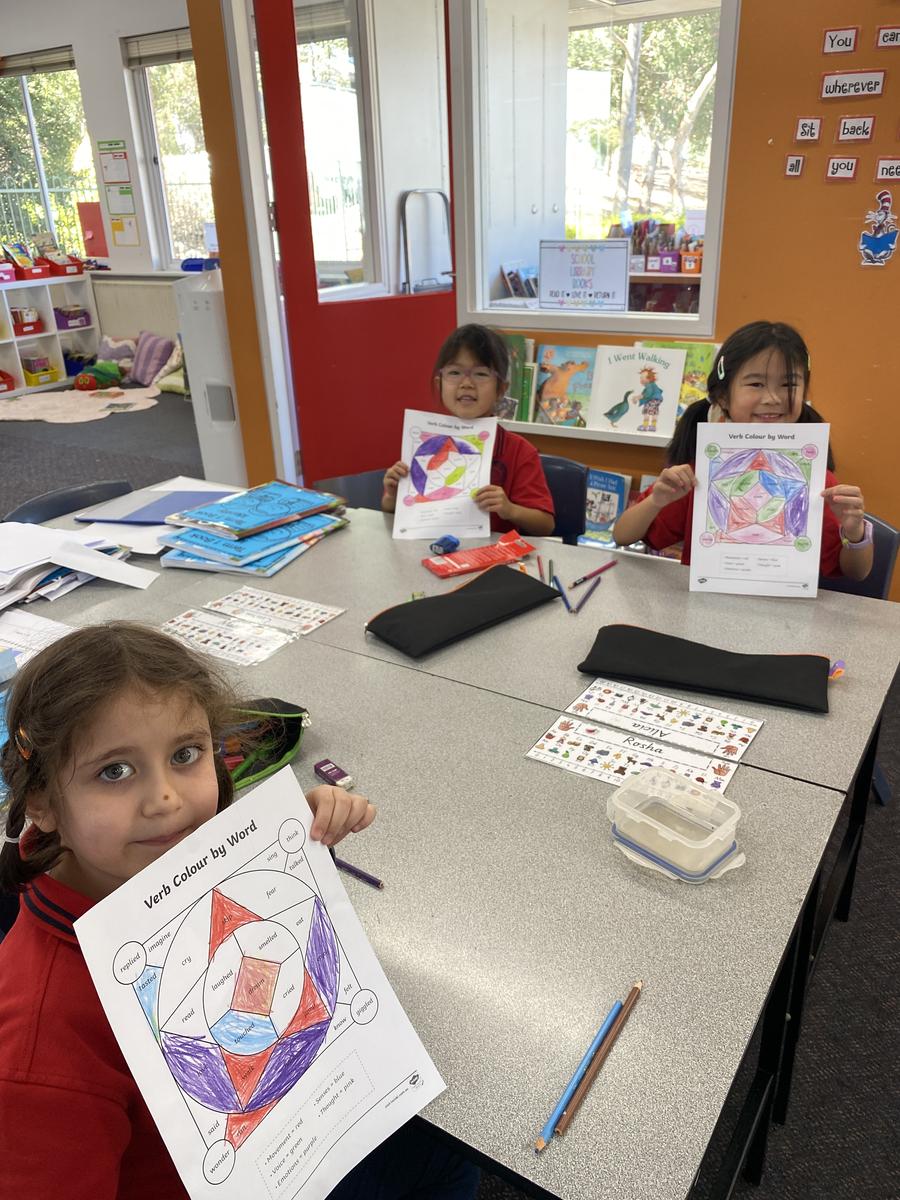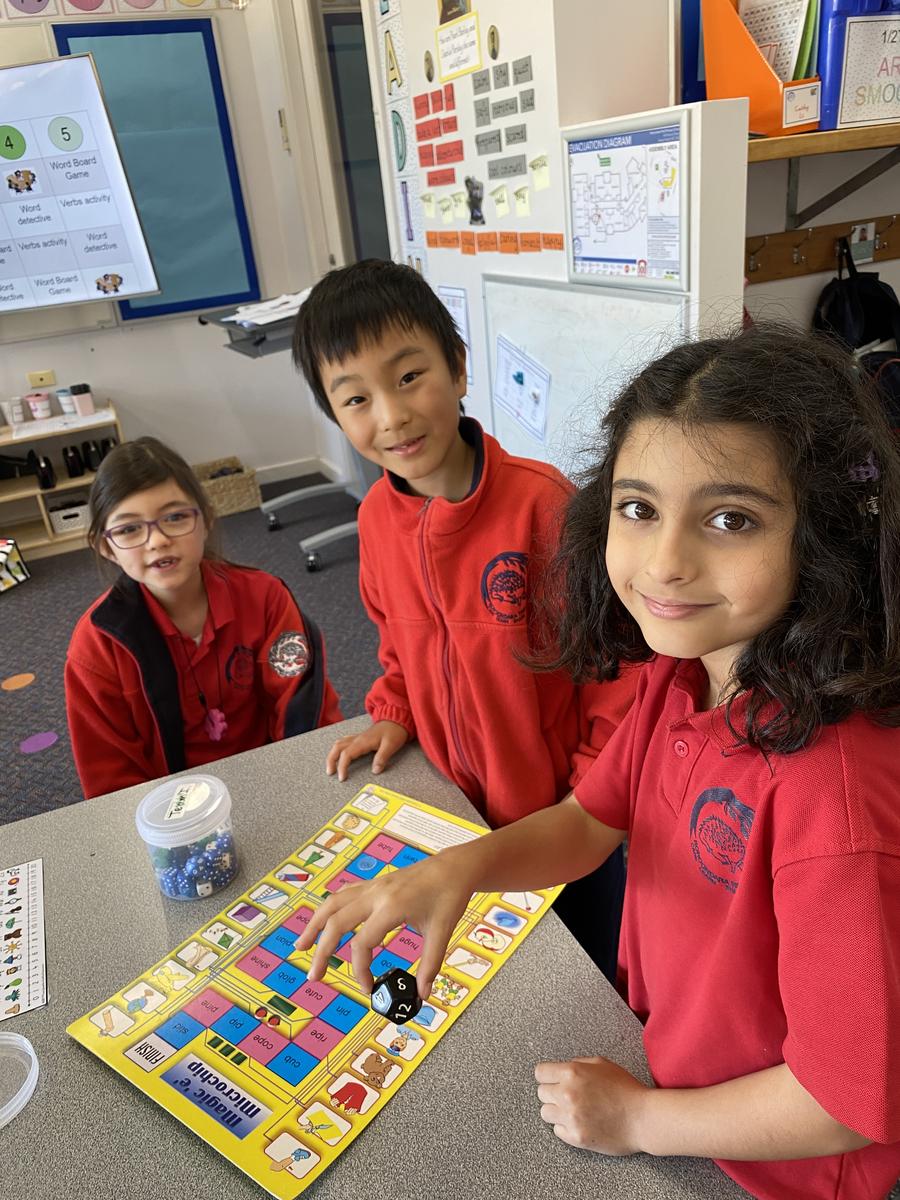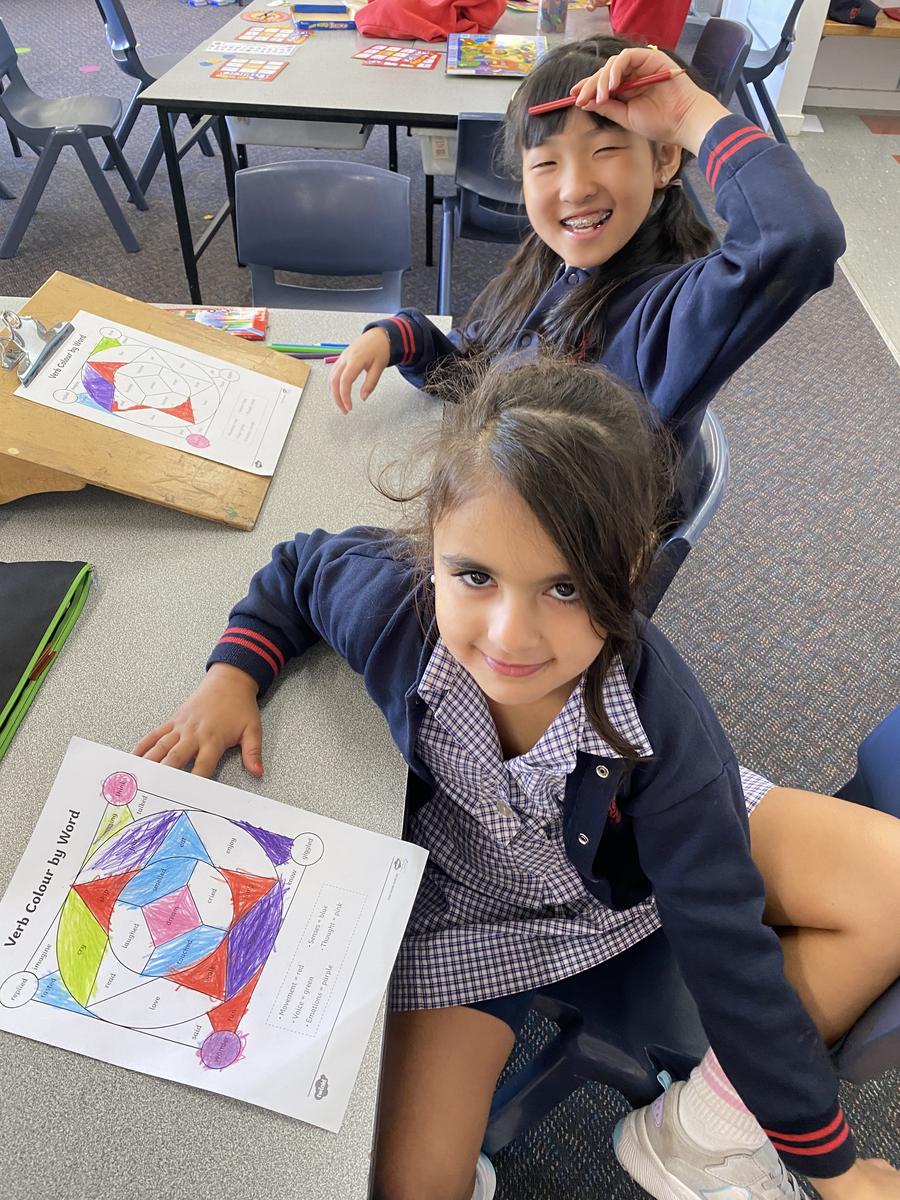From the 1 & 2 Classrooms

Each morning, we start our day in the classroom with independent reading. Students will change their take home books that they will then take home, record their new book in their Reading Diary and either read to themselves or to a friend. This book will then come home with students to read and discuss with someone at home. We encourage students to read their book aloud to someone and then have a discussion and be asked a few questions to demonstrate their understanding of the book.
Examples of questions that you may ask your child are:
Literal questions - questions that link directly to the text read.
- Who is the main character?
- Where is the setting in the story?
- What are the characters doing?
- Why did they go there/do that?
- When did they go there?
- How did they get there?
Inferred questions - questions that require you to use the information read in the text to infer what you think. These questions require you to 'think beyond the text'.
- Why do you think the character did that/went somewhere?
- How do you think the character is feeling?
- What do you think will happen next?
- How does the character remind you of yourself or someone you know?
- What do you think is the main message in the story?
- Which character is your most/least favourite character? Explain why.
Each week students will meet with their teacher and reading group to read and discuss a text. The focus in the groups will change regularly. Groups may look at:
- features of information, persuasive and imaginative texts and compare these.
- ways that the Authors and Illustrators describe the characters, setting and events.
- discussing texts on similar topics and identify similarities and differences.
Students will read the text aloud to their group to develop their fluency, expression and strategies used to tackle unknown words.
When students are not reading with the teacher they will complete a rotational activity with their own reading group. These activities will focus on developing and revising student's literacy skills. These activities vary and may include:
- spelling games - identifying sounds in words.
- using 'who, what, where, why, when' cards to create sentences.
- using the 100 most common words and identifying how many times these features in their readers.
- completing an 'eye spy' activity and finding as many words as they can that start with that letter. They then write a sentence to include each of those words.
activities identifying verbs, adjectives and nouns.
Students look forward to their reading groups. They enjoy reading the texts and sharing their ideas, thoughts and understandings of the text being read with their group.
Happy reading!
Year 1/2 Teachers
